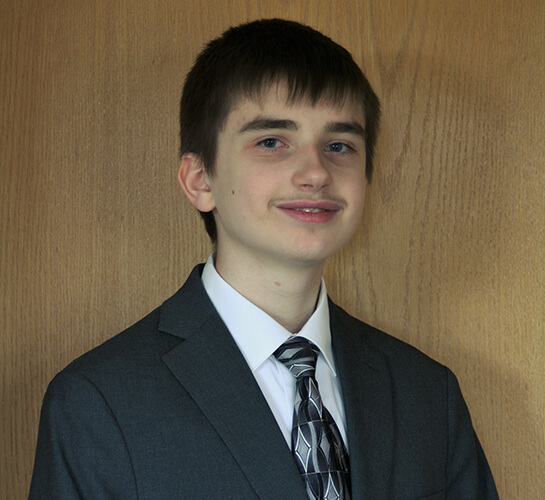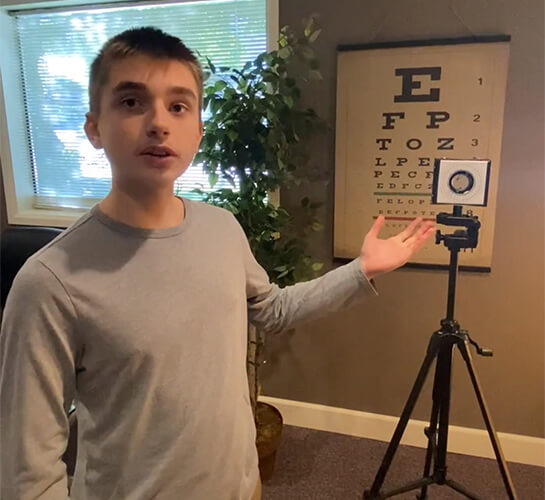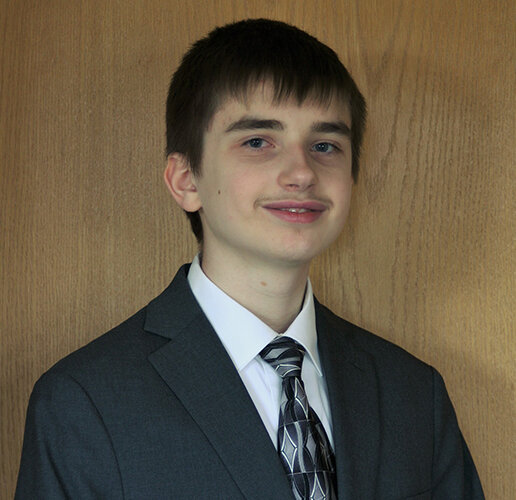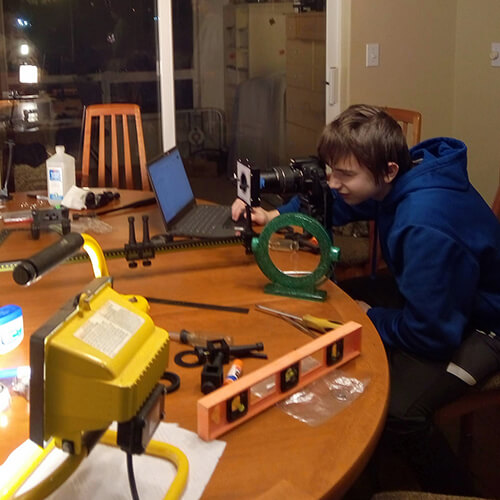Deeper Dive
My project, the Skew-Axis Cylinder Lens Optical System (SACLOS) (patent pending), is a groundbreaking innovation in the field of optometry, specifically targeting astigmatism compensation. Astigmatism affects approximately 30% of the global population and has been a challenging vision defect to measure accurately. The current method, subjective refraction using a phoropter apparatus, has limitations such as reliance on verbal communication with the patient, language barriers, and discrete lens power steps that restrict accuracy. Realizing the flaws and driven by a desire to find a better solution, I proposed a novel approach, inspired by optical principles used in binoculars. My invention combines two independently rotatable cylindrical lenses with a computerized controller, which allows patients to intuitively determine their required vision correction using an input device as simple as a computer mouse. By finding the optimal position through this manipulation, the patient effectively determines their prescription, leading to quicker, more accurate, and affordable astigmatism optometry. It has a potential to revolutionize optometry practices, provide cost-effective and accessible eye care, and enhance the quality of life for millions of people with astigmatism, which makes it highly significant and promising.
Developing the SACLOS was not without its challenges. Initially, I struggled to conceptualize a feasible design and barely knew where to start. However, my perseverance led me to the breakthrough idea of combining two independently rotating cylindrical lenses. To complete my project, I had to learn how to use CAD software and a 3D printer, as well as to master optical engineering and professional image analysis. With support and guidance from my physics teacher, Ms. Melissa Shell, and valuable feedback from Dr. Kalinichenko, a physicist, and Dr. Maria Parker, an ophthalmologist, I honed my skills and navigated the complexities of my research. While the ongoing COVID-19 pandemic disrupted my plans for hands-on experimentation and collaboration, it also pushed me to adapt and continue my work independently. Despite the challenges, the knowledge gained from school and the support from my mentors and family played a crucial role in the successful development of the SACLOS.
The SACLOS has the potential to improve the quality of life for individuals with astigmatism in several ways. By providing a more accurate and efficient method of astigmatism correction, it allows optometrists to prescribe more precise corrective lenses, ensuring patients experience clearer vision and enhanced visual comfort. Further, the simplicity and cost-effectiveness of the SACLOS could revolutionize eye care accessibility, especially in developing countries or remote areas where access to optometric services is limited. Potentially, patients could even perform quick and intuitive vision checks at self-service stations in pharmacies and eyeglass shops, reducing the need for appointments, waiting times, and removing multitudes of other barriers. Ultimately, the SACLOS can bring quality, affordable eye care to millions of individuals worldwide, significantly improving their daily lives and overall well-being. I have submitted a manuscript to the peer-reviewed journal Optics Express, and currently have a patent pending (US63312007) for the SACLOS. I am dedicated to driving the implementation of the SACLOS in optometric offices and kiosks, making a positive impact on our world through scientific innovation.



